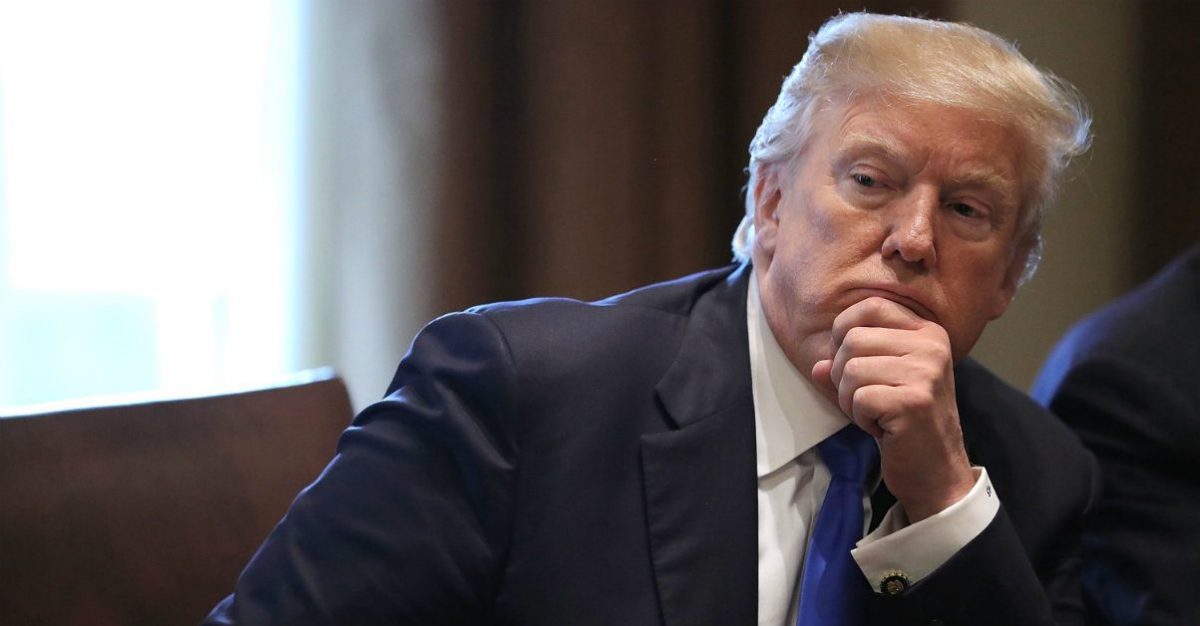
U.S. District Court Judge Peter J. Messitte ruled Wednesday that the Emoluments Clause lawsuit that the Attorneys General of Maryland and D.C. brought against President Donald Trump can move towards trial. While analyzing the issues involved, however, Judge Messitte recognized that the president apparently has a startling interpretation of the Constitution.
The Emoluments Clause of the Constitution says the following:
No title of nobility shall be granted by the United States: and no person holding any office of profit or trust under [the United States], shall, without the consent of the Congress, accept of any present, emolument, office, or title, of any kind whatever, from any king, prince, or foreign state.
The complaint alleged that President Trump’s businesses, including those related to his Washington, D.C. hotel, violate the clause because foreign officials could, and reportedly have, patronized his businesses to ingratiate themselves with the president. There is also a similar Domestic Emoluments Clause allegation, as the Governor of Maine stayed at Trump’s D.C. hotel.
A big part of the Messitte’s ruling dealt with the definition of what an emolument is. While the Maryland and D.C. AGs claimed it refers to a “profit,” “claim,” or “advantage,” President Trump had a much, much narrower view.
As the judge noted, Trump’s argument was that an emolument referred to “the receipt of compensation for services rendered by an official in an official capacity.” Messitte noted that this is “tantamount to defining the transaction as nothing less than one of federal bribery[.]”
The legal complications that would arise from such an interpretation were not lost on the judge, who wrote:
It seems highly unlikely that the Framers would have intended bribery to be both an impeachable offense and, at the same time, an activity Congress could consent to when a foreign government donor is involved.
Basically, he recognized that bribing a government official–a crime–could be allowed by Congress if it was from a foreign country.
So how did Trump and his attorneys reach such an interpretation? As the judge noted, in Trump’s motion to dismiss he discussed several definitions of the word “emolument” from roughly the time of the Constitution’s drafting. That discussion included the etymology of the word, referencing “profit from labor or “profit from grinding corn.”
This comes from the Latin “émolumentum” and the Middle French “émolument,” with the original meaning being “payment to a miller for grinding corn.”
Judge Messitte was not swayed by Trump’s view.
“The clear weight of the evidence,” he wrote, “shows that an ’emolument’ was commonly understood by the founding generation to encompass any ‘profit,’ ‘gain,’ or ‘advantage.'”
As a result, the judge ruled that the AGs presented a valid claim under the law, allowing the case to move forward.
[Image via Chip Somodevilla/Getty Images]
Have a tip we should know? [email protected]